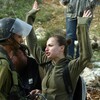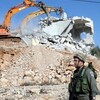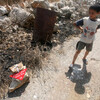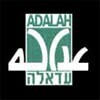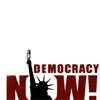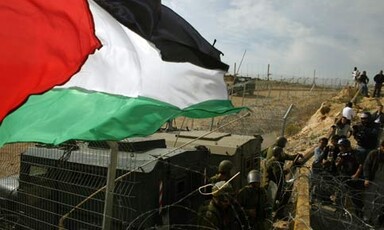
Apartheid: Israelis adopt what South Africa dropped
29 November 2006
Former President Jimmy Carter’s new book, “Palestine: Peace Not Apartheid,” is igniting controversy for its allegation that Israel practices a form of apartheid. As a South African and former anti-apartheid advocate who visits the Palestinian territories regularly to assess the human rights situation for the U.N. Human Rights Council, the comparison to South African apartheid is of special interest to me. Apartheid was a system of institutionalized racial discrimination that the white minority in South Africa employed to maintain power over the black majority. Read more about Apartheid: Israelis adopt what South Africa dropped


